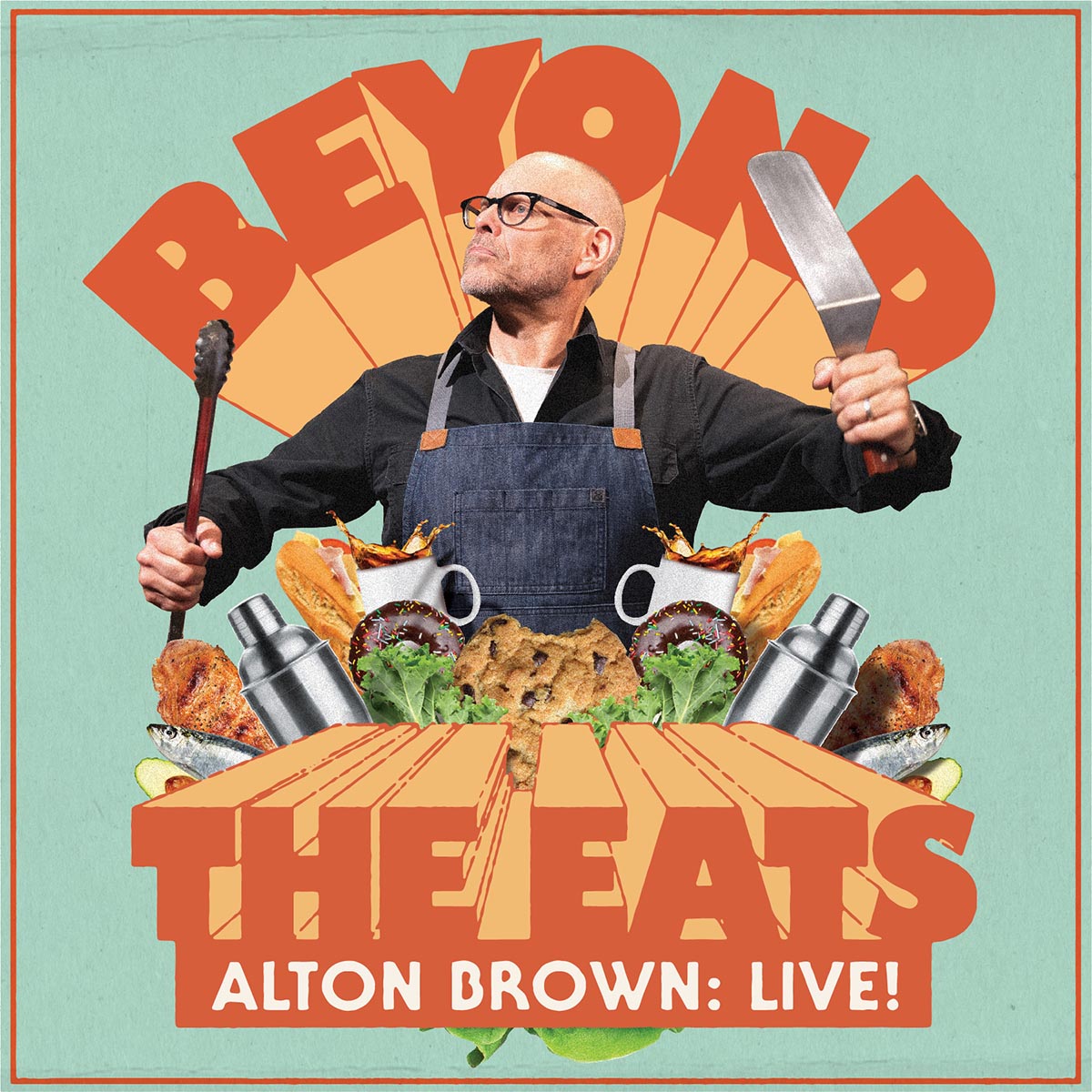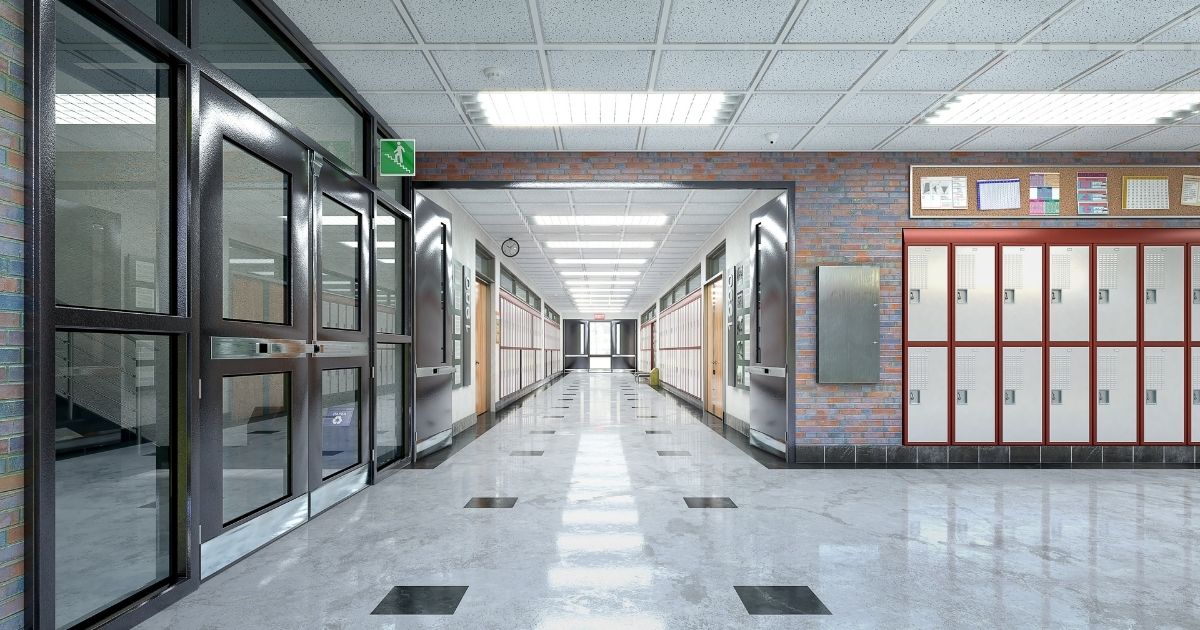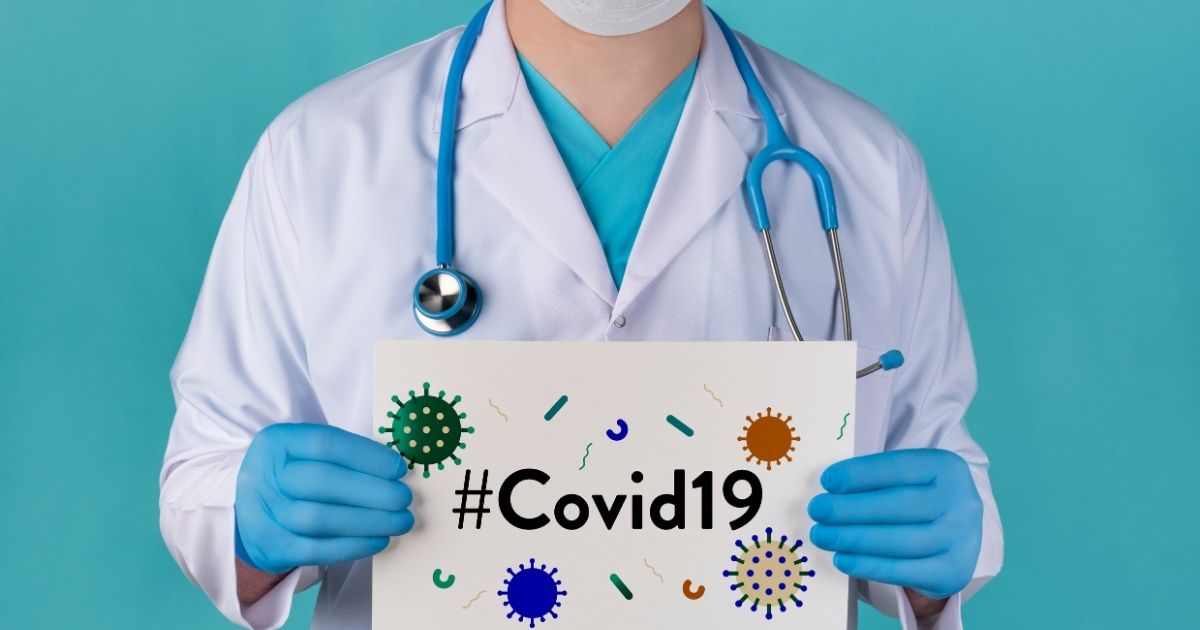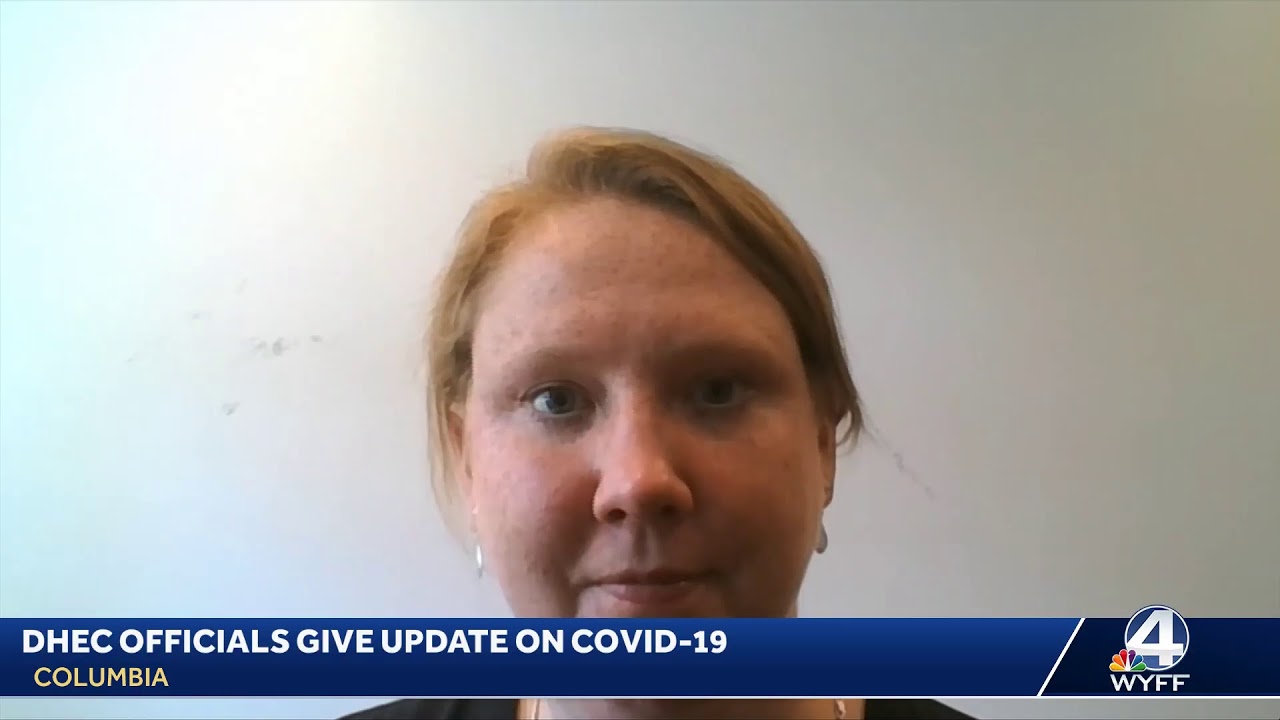As the highly contagious Delta variant quickly becomes the dominant strain of Covid-19 in the United States, Greenville’s and South Carolina’s low vaccination rates are particularly troubling. Here’s a look at the current South Carolina vaccination numbers and why Covid Vaccination numbers should matter to everyone.
Here’s the latest vaccination percentages as of July 5th reported by SC DHEC on their Vaccination Dashboard.
45.9% of Greenville County residents twelve years and older have now been vaccinated completely against Covid-19. While this number is greater than the statewide vaccination percentage of 42.9%, Greenville County is still behind the coastal areas of Beaufort, Charleston and Horry counties. The numbers for Anderson and Spartanburg are even lower.
- Charleston County: 56.2%
- Horry County: 50%
- Beaufort County: 47.8%
- Greenville County: 45.9%
- Anderson County: 39%
- Spartanburg County: 37.6%
Rural South Carolina Remains Way Behind in Covid Vaccination rates
- Chesterfield County: 29.3%
- Cherokee County: 28.8%
- Edgefield County: 35%
- Dillion County: 34%
As of 6 a.m. EDT July 7, a total of 157,908,171 Americans had been fully vaccinated, or 47.6% of the country’s population, according to the CDC’s data. The CDC ranks South Carolina 39th in percentage of population fully vaccinated. Alabama ranks last with 33% and Vermont leads in Covid Vaccination rates with 66% of it’s population being fully vaccinated.
Why Low Covid Vaccination Rates Matter
Recent hospitalizations and deaths from Covid-19 in South Carolina are overwhelmingly from individuals who are not fully vaccinated.
With South Carolina’s fully vaccinated rate of 43 percent being comparable to the vaccination rate of several states that are currently experiencing outbreaks and significant increases in cases, DHEC performed an analysis of newly reported cases, deaths and hospitalizations in South Carolina during a two-week period, from June 1-14. That analysis shows:
- Of the 1,635 newly reported cases for which we were able to determine the individuals’ vaccine status, 1,540 cases – or 94% of those new cases – were not fully vaccinated.
- Of the 92 reported cases that required hospitalization and for which we were able to determine vaccine status, 83 of those individuals – or 90.2% – were not fully vaccinated.
- Of the 11 reported deaths during those two weeks where vaccine status was able to be determined, all 11 individuals – 100% of them – were not considered fully vaccinated.
“The overwhelming majority of people who are continuing to get COVID-19 and who are getting hospitalized and dying from this disease are those who are not fully vaccinated,” said Dr. Jane Kelly, Assistant State Epidemiologist, during a statewide media update. “I can’t think of a more impactful point to make that would encourage someone who hasn’t yet received their shots to do so right away.”
Politics May Be Playing a Factor in Vaccination Rate
The path to expanding South Carolina’s Covid vaccination efforts seems to be stalled. Whether it’s vaccine hesitancy, disinformation or the politicization of the vaccine, much work needs to be done to increase our numbers and insure that the progress we have made against Covid-19 is not lost.
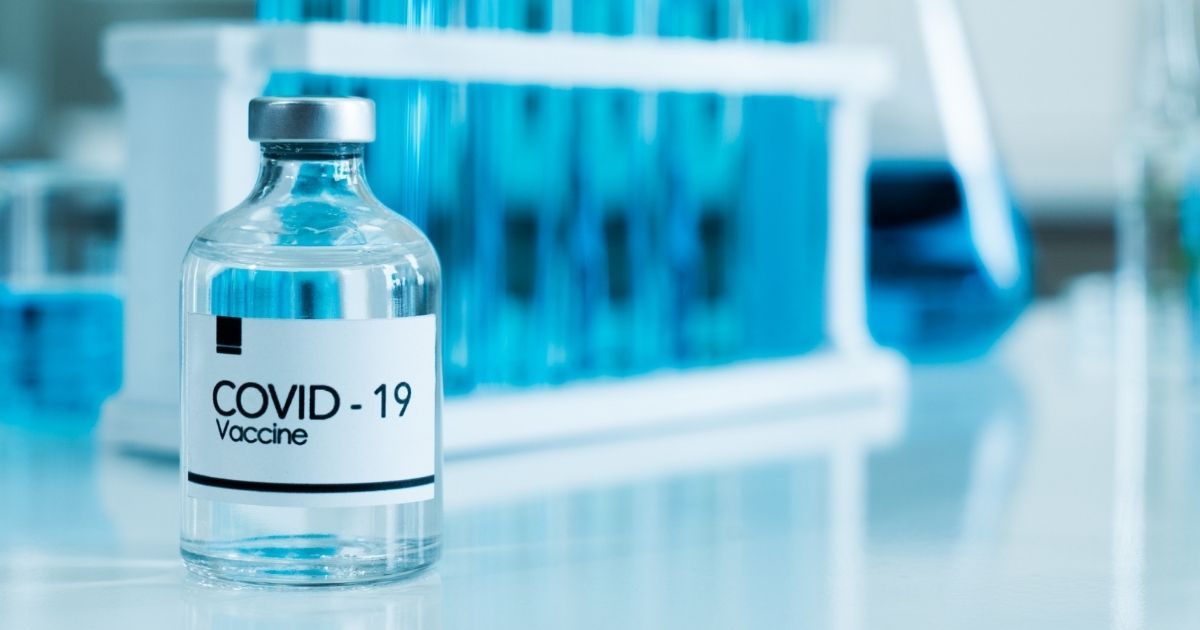
White House Says McMaster’s Actions Are Literally Killing People
This week, the White House announce an effort to vaccinate people door to door. This initiative was immediately blasted by Governor McMaster: A South Carolinian’s decision to get vaccinated is a personal one for them to make and not the government’s,” Governor McMaster wrote. “Enticing, coercing, intimidating, mandating, or pressuring anyone to take the vaccine is a bad policy which will deteriorate the public’s trust and confidence in the State’s vaccination efforts.”
However, this door to door approach could easily be couched as a way to expand access to the vaccine, especially in South Carolina’s rural areas; several of which do not have hospitals.
SC DHEC repsonded to McMaster’s comments with this statement:
We appreciate the Governor’s concern for the well-being of all South Carolinians. DHEC continues to strongly encourage all eligible South Carolinians to get fully vaccinated to protect themselves and our communities from the ongoing threat of COVID-19 that continues to take lives every day. We continue to focus on making lifesaving COVID-19 vaccines as accessible as possible across the state.
South Carolina and national data show that those who continue to become hospitalized and die from COVID-19 are those who are not fully vaccinated. Low statewide vaccination rates allow the virus to continue to mutate and more significant variants to spread, as is currently occurring in many states and countries.
Getting vaccinated is a personal choice. DHEC’s role and responsibility is to protect public health by increasing factual knowledge, awareness and access to COVID-19 vaccines. We encourage South Carolinians to ask questions and seek information about the vaccines from science-based, reliable sources like the CDC, DHEC, or the DHEC COVID-19 Vaccination Line at 1-866-365-8110. It’s critical for those who are not fully vaccinated to understand they are putting themselves and their loved ones at risk for being vulnerable to illness, hospitalization and even death from COVID-19. The vaccine is our best hope for ending the pandemic once and for all.
Still Not Vaccinated? Greenville MD, Saria Saccocio, Gives Six Reasons to Get the Vaccine
The benefits are great when choosing to be fully vaccinated:
- 1. Masks and social distancing are no longer necessary, unless required by law or local businesses.
- 2. Traveling is easier without mandatory Covid testing within the US.
- 3. Variants of the Covid-19 virus, including the most recent delta type, are covered by all 3 types of vaccines available.
- 4. Breakthrough cases of Covid-19 are rare
- 5. Prevent complications of the virus and the risk of becoming a “long hauler”, experiencing prolonged symptoms post infection.
- 6. Protect your loved ones and those especially vulnerable from getting infected.
Over 331 million doses of COVID-19 vaccine have been given in the United States from December 14, 2020, through July 6, 2021
It is clear that the Covid vaccines are safe and offer us the best opportunity to end this long battle with Covid-19. No one wants to return to lock-down or see businesses close again as a result of Covid spiking again. Our Calendar has over 150 things to do this weekend across Greenville and Upstate South Carolina. Last year at this time, we had zero. It would be tragic to lose all of the ground we have made against the virus simply because we failed to vaccinate.
In January, South Carolina was seeing over 1,900 cases per day of Covid-19. Today, South Carolina reported 395 new cases and one death. It is clear that the vaccines are working. However, as the Delta variant spreads among the un-vaccinated portions of our population, we risk new variants spawning that could elude our current vaccines and bring the pandemic back.
″[T]here will likely continue to be an increase in cases among unvaccinated Americans and in communities with low vaccination rates, particularly given the spread of the more transmissible Delta variant,” White House coronavirus response coordinator Jeff Zients said at a press briefing on Thursday.
It is time do accept the science, get vaccinated, and move forward.
The Delta variant, which now comprises more than half the cases in the United States, is the latest in a long string of Covid-19 variants that have spread more easily and in some cases caused more severe illness. That’s why the clusters are so worrisome. Each time a virus spreads, it has an opportunity to learn how to mutate. “We know that if you give the virus the opportunity to circulate and replicate, you give it the opportunity to generate more variants,” Dr. Anthony Fauci, President Joe Biden’s chief medical adviser, told CNN.
CNN.com


